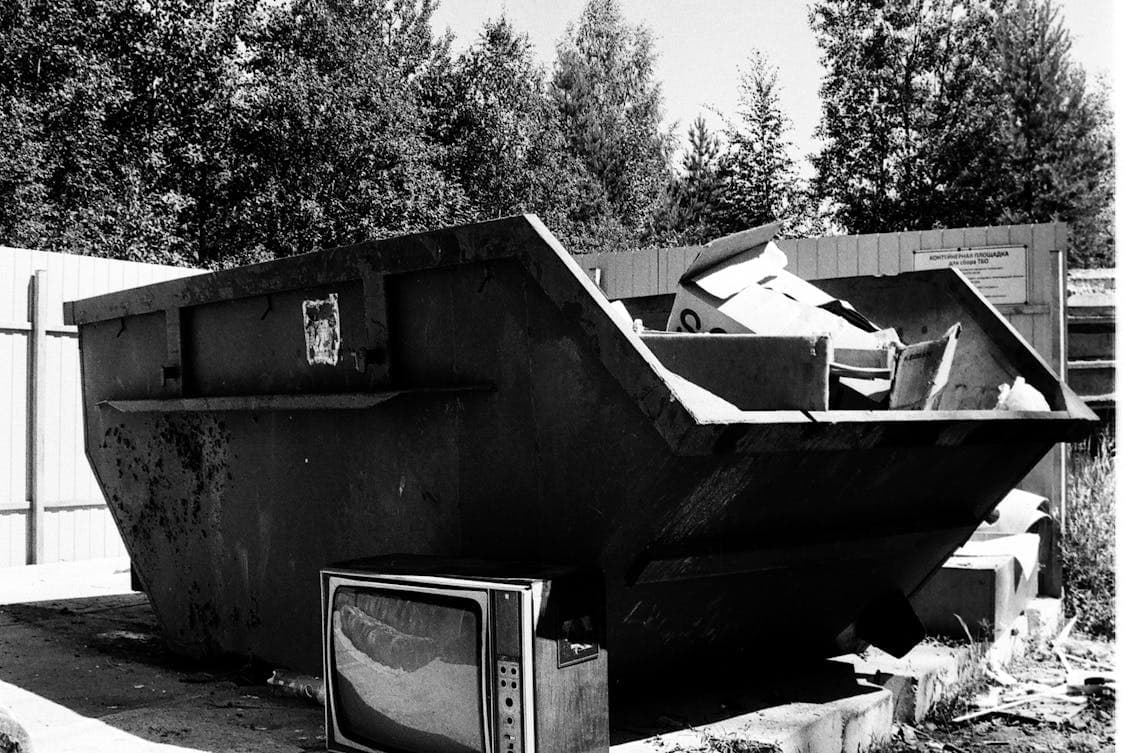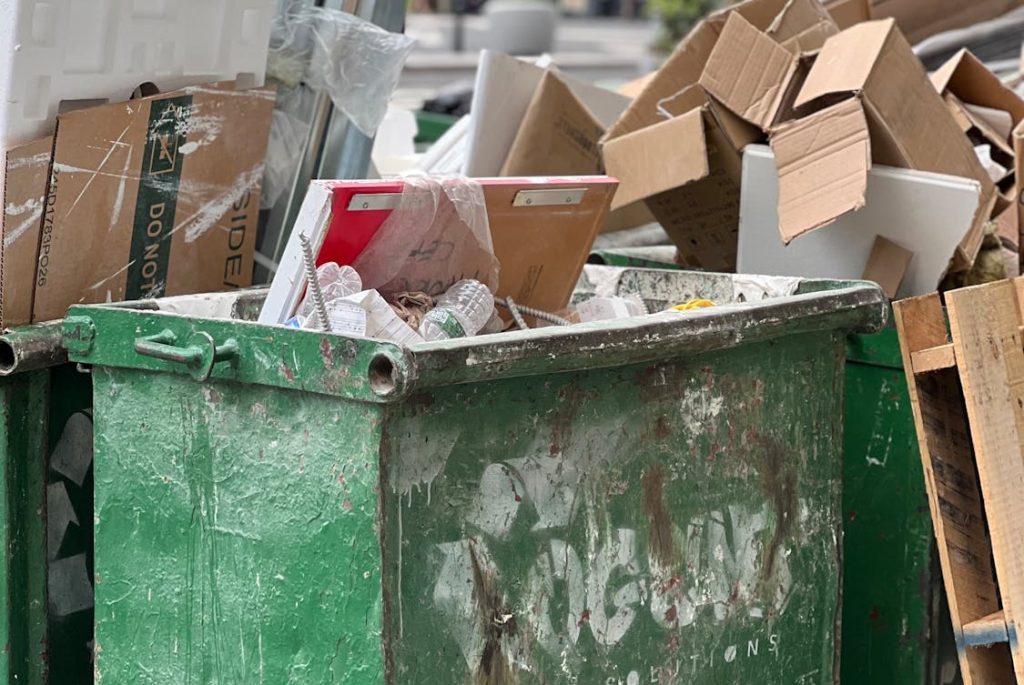When embarking on a renovation project, one crucial aspect to keep in mind is how long you can keep a dumpster. Managing waste is a significant part of any renovation, and understanding the rules can save you headaches down the road. This article will help you navigate the ins and outs of dumpster rental duration.
Understanding Dumpster Rental Policies
Every dumpster rental company has its own set of policies regarding how long you can keep a dumpster. Some companies allow rentals for a few days, while others might offer weekly or even monthly options. It’s essential to read the fine print of your rental agreement.
Many companies offer flexible rental periods, but what does that mean for you? If you’re planning a large renovation, it is often wise to negotiate a longer rental term upfront. You don’t want to rush your project and end up with an overflowing dumpster if you need extra time.
Typical Rental Periods
Most dumpster rentals offer a standard period of between 7 to 14 days. This timeframe generally suits small to medium-sized renovation projects, such as kitchen upgrades or bathroom remodels.
If you’re only tossing out a few items, a weekend rental may suffice, but for larger jobs, plan on the longer end of the spectrum. If you’re aiming to clear out clutter from your renovation project efficiently, having the right dumpster for the appropriate amount of time is key.
If you anticipate needing more time, many companies provide the option for extensions. Be sure to inquire about the costs associated with extending your rental. Some companies charge a flat fee, while others may charge by the day. Knowing these details can help you budget effectively.
Factors Influencing Rental Duration
A variety of factors can influence how long you need to keep a dumpster. The size of your project plays a significant role. Larger renovations, like whole-home remodels or extensive landscaping, will generate more waste and may require a longer rental period.
The type of materials you are disposing of is another factor. If you’re dealing with heavier materials like concrete or heavy cabinetry, you might fill the dumpster quicker than expected. Conversely, lighter materials like drywall may take longer to accumulate.
Your pace of work also matters. Are you a weekend warrior, or do you plan to work on your renovation every day? Your project speed will dictate how long you keep the dumpster.
Managing Your Waste Responsibly
When renting a dumpster, it’s not just about how long you can keep it; responsible waste management is crucial. Some materials can’t be tossed in a dumpster, including hazardous waste like paints, chemicals, or electronics.
Each state has regulations on what can go into a dumpster, so familiarize yourself with these laws to avoid fines or legal issues.
Know your local guidelines regarding disposal. Some municipalities may require you to obtain a permit for your dumpster, particularly if it will be placed on the street. This extra step can affect your timeline, so it’s best to check ahead of time.
What Happens If You Exceed the Rental Period?
If you find yourself in the position of needing your dumpster longer than originally planned, you might wonder what the implications are.
Exceeding the rental duration can lead to additional fees, which can stack up quickly. Some companies may charge a daily fee for each day you go over your allotted time.
It’s always a good idea to communicate with your rental company as soon as you realize you need extra time. They may be willing to work with you on rates, especially if you have rented from them previously.
Tips for Efficient Waste Disposal
To make the most of your dumpster rental, consider implementing some best practices. First, plan ahead. Before the dumpster arrives, prepare your renovation site. Clear any unnecessary items and ensure that only waste goes into the dumpster.
Next, load the dumpster efficiently. Start with larger, heavier items at the bottom and fill in around them with lighter materials. This approach maximizes space and keeps your rental more organized.
Finally, be mindful of the weight limit. Every dumpster has a maximum weight capacity, and exceeding it can lead to hefty fees and complications. Check with your rental company to know the limits and weigh your materials if necessary.
Understanding Local Regulations

When it comes to dumpsters, local regulations can vary widely. In some areas, you might need a permit if the dumpster is blocking public space. In others, you can place it on your property without any issues.
Check with your local city or township office to understand these regulations. Failing to comply could result in fines or even the removal of your dumpster. Avoiding these pitfalls means doing your homework ahead of time.
Preparing for Delivery and Pickup
Once you’ve settled on how long you’ll need the dumpster, it’s time to prepare for its arrival. Clear a space for the dumpster where it can be easily accessed. Ideally, this area should be flat, stable, and free of obstructions.
When the delivery day arrives, ensure someone is available to guide the driver. A straightforward delivery can prevent mishaps and keep your renovation on schedule.
Similarly, when the project is complete, schedule a pickup in advance. Most companies will gladly pick up the dumpster as soon as you’re finished. Just be sure it’s accessible once again.
Extending Your Rental: A Simple Process
If you find yourself knee-deep in renovation debris and need more time, extending your rental is typically a straightforward process. Reach out to your rental company, providing details about your project and how much longer you think you’ll need the dumpster.
Most companies are equipped to handle requests for extensions and will walk you through any necessary steps.
Be sure to keep track of new charges that might apply with the extended rental. Knowing costs upfront can help you manage your budget and avoid surprises.
The Importance of Communication
Open communication with your dumpster rental company is vital throughout your renovation. If you anticipate needing more time or if you have questions regarding what materials can go into the dumpster, don’t hesitate to reach out.
They’re there to help you through the process and can provide valuable advice based on their experience. Keeping the lines of communication open can make a world of difference in avoiding any misunderstandings.

